
'When we were happy but didn't know it': Chronicling day-to-day life in Venezuela
In her latest book, Colombian journalist Melba Escobar shows us the day-to-day life of Venezuelans, and with it, the effects of the State on daily life.
"-How did you get involved with Chavismo?
-I have always been a leftist. Previously I was from MAS, it was the only leftist party there was. But Chávez convinced us. He practically convinced a people that did not know how to read and write. One million Venezuelans who did not know how to read and write and now know how to read and write. Chávez did all this. The missions, the aid. All this came from Chávez, this is not Maduro's. Because the Homeland Plan said it all. There is a Homeland Plan designed by Chávez, he left it to us until 2025. That is the way Maduro is being governed."
The protagonist of this conversation is Pedro, a Chavista from the neighborhood of Petare, in the municipality of Sucre, one of the five in which the Metropolitan District of Caracas is divided, and also one of the protagonists interviewed by Colombian journalist Melba Escobar for her latest book Cuando éramos felices pero no lo sabíamos (When we were happy and we didn't know it) (published by Planeta de Libros in 2020).
"When you type 'Petare' in a search engine, lots of news and videos of tragedies appear, a good part of them sensationalist," she adds. "I particularly remember one in which a Spaniard says from the back of a pickup truck: 'We are about to visit one of the most dangerous neighborhoods in the world. One where people can't sleep at night because of the noise of repeated bullet holes. Come with us to Petare.'"
Cuando éramos felices pero no lo sabíamos (When we were happy but didn't know it) is the chronicle of a writer who tries to understand what happens when one lives in a prolonged state of emergency. What happens when life goes on, in spite of everything, and people resign themselves to live amid the rubble.
Avoiding the big political speeches or the headlines, this work shows us the day-to-day life of Venezuelans and, with it, the effects of the State on daily life. Based on four trips from Colombia to Venezuela, Escobar reveals, in an extraordinary way, another geography: that of the man from the working class neighborhood or the middle class woman who subsist in the midst of the serious economic and political crisis; and those who have been forced to emigrate and survive in extreme conditions. Venezuelan migration has reached an enormous number in the last five years and this book genuinely asks who these "idos" are along with the "quedados," as they call themselves, sometimes seriously, sometimes jokingly.
RELATED CONTENT
It is a look at the power of human beings to give renewed meaning to things, to draw strength from where there is none and reinvent the present.
Full of humanity and respect for others, this book, which is entirely based on dialogue with ordinary people, tells us not only about Venezuela, but also about the consequences of the erosion of democracy on the daily life of the population, a premonitory reality for many other countries.
Who is Melba Escobar?
Escobar (born in Cali, Colombia, in 1976) is a Colombian journalist and writer. She is a regular columnist for El Tiempo and contributor to media such as El País, and the author of popular novels stands out the thriller La Casa de la Belleza (released in 2015), a story about a stylist from Cartagena, who moves to Bogota in search of a better life. In the beauty salon where she starts working, she gains the trust of the clients and thanks to her confessions, is able to find the key to solve the murder of a client. The novel has been published in 19 languages (including English, House of Beauty) and was chosen as one of the best books by the National Novel Prize in Colombia.

Her most recent novel is La mujer que hablaba sola (released in 2019), which uses the June 2017 attack against the Andino shopping mall as source material. It gives rise to a monologue in which the protagonist, Cecilia Palacios, reviews two decades of her life.
She is also the author of the youth story "Johnny and the sea," highlighted in the prestigious White Ravens catalog of the International Youth Library of Munich.
She currently lives in Barcelona.


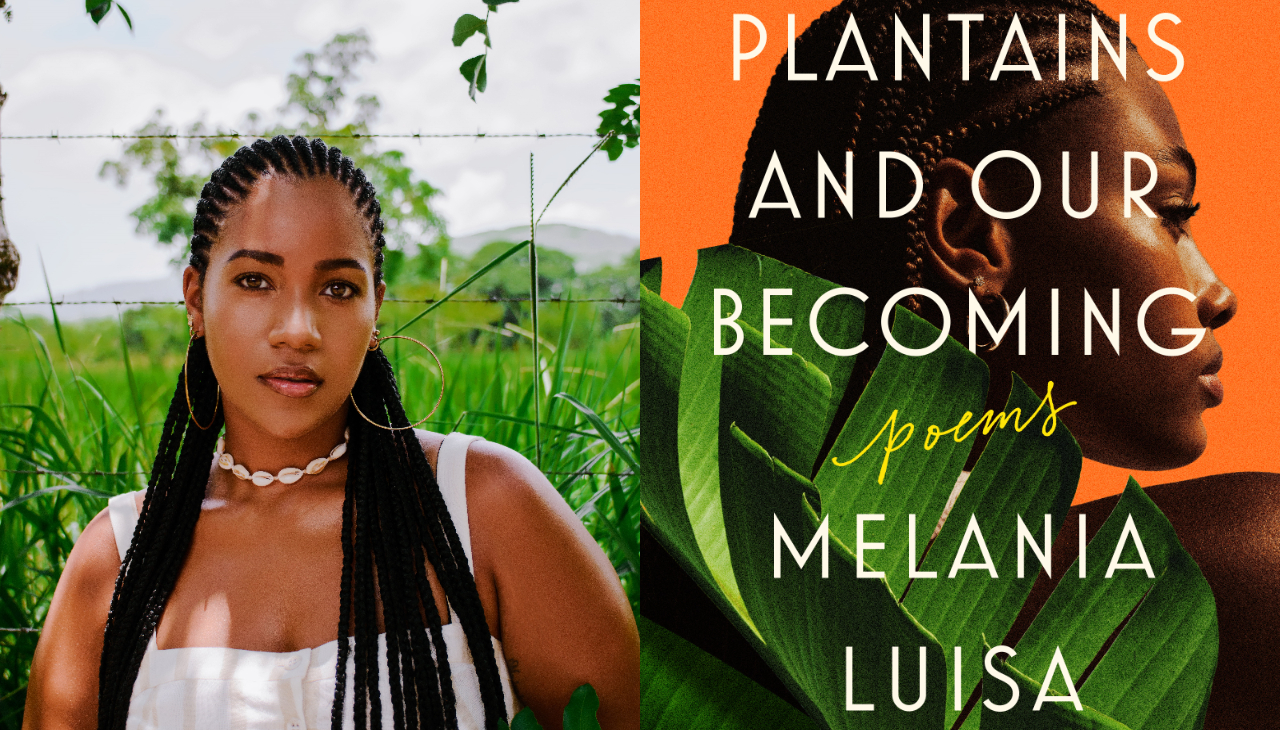
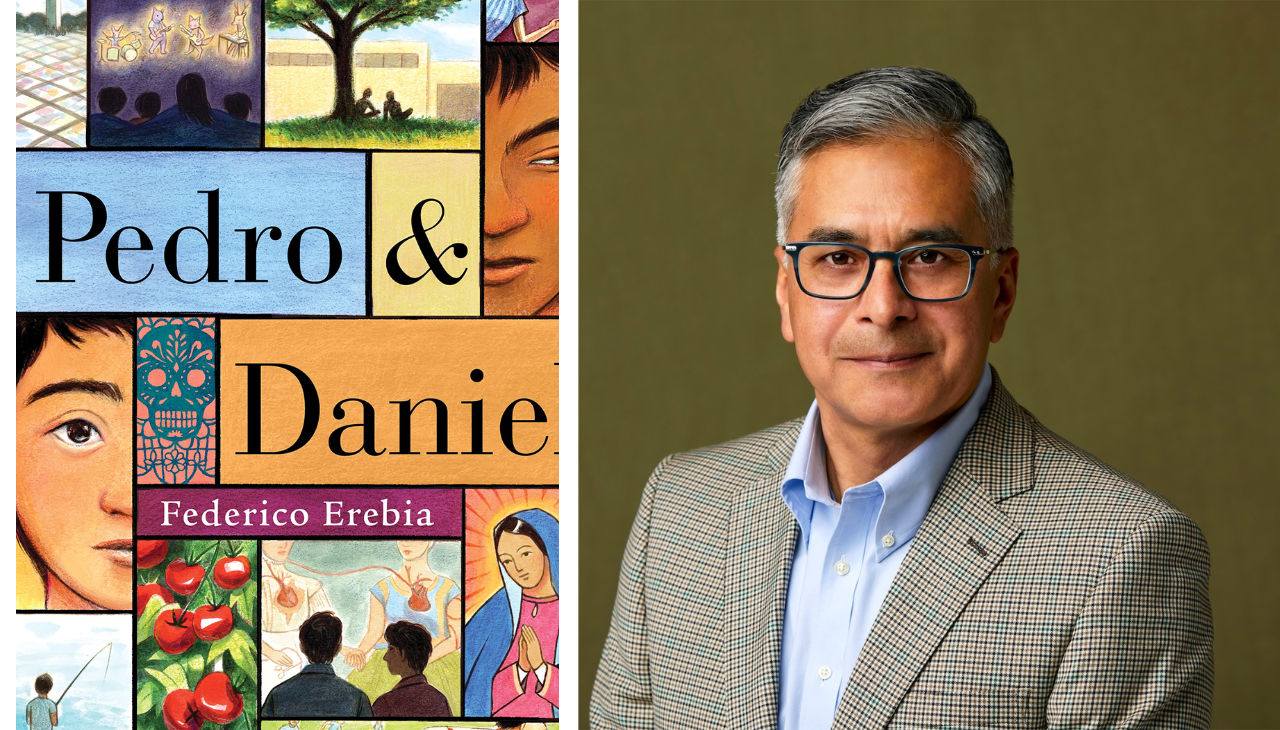
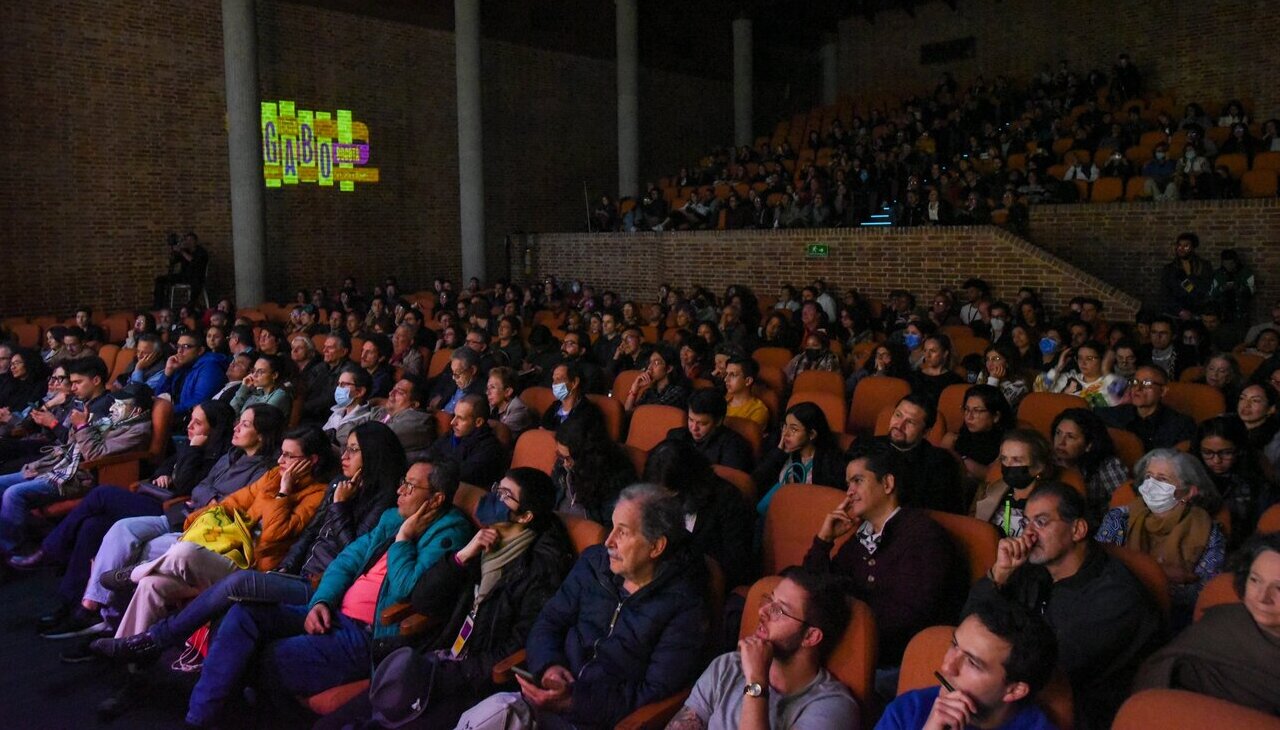
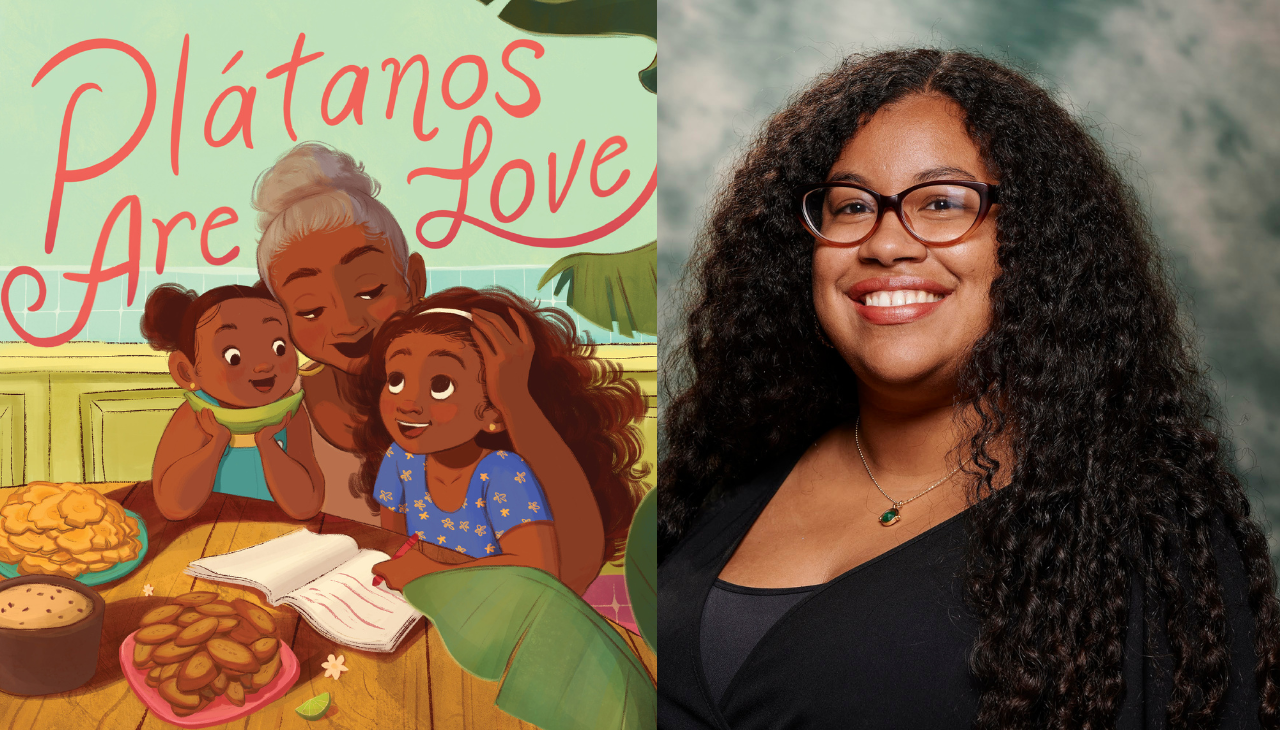
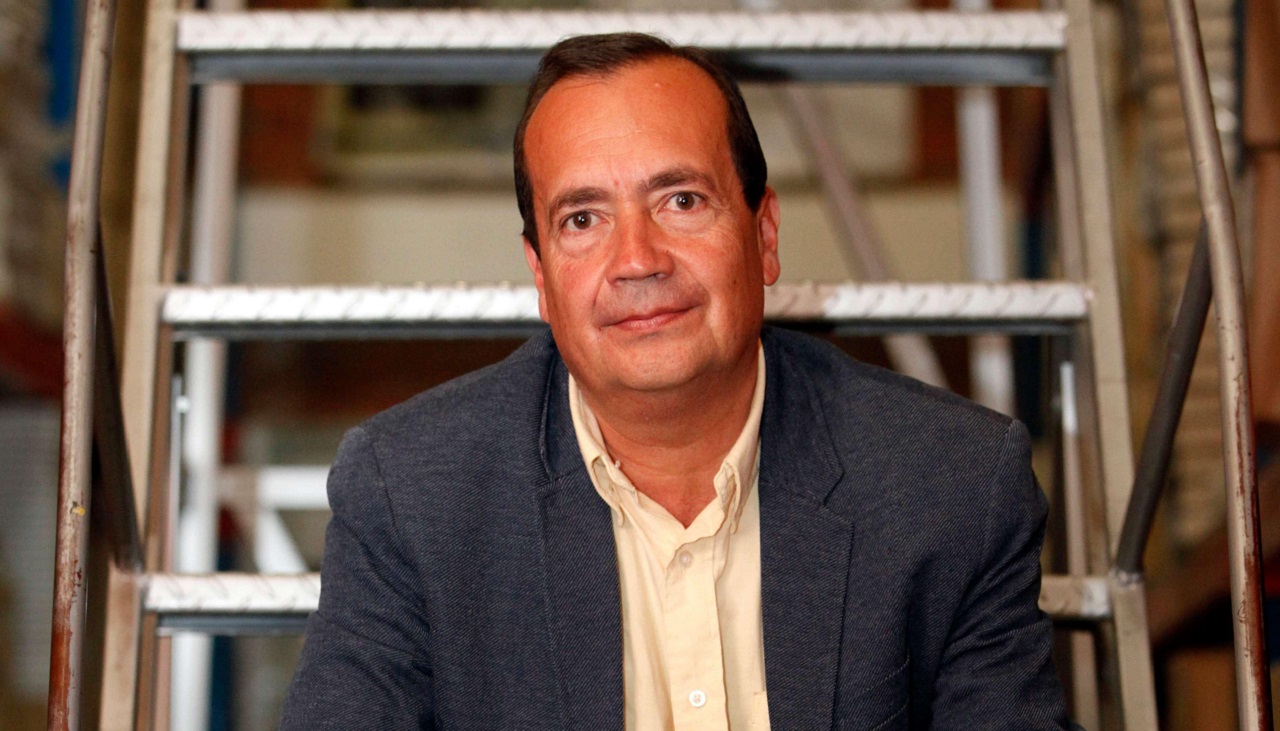
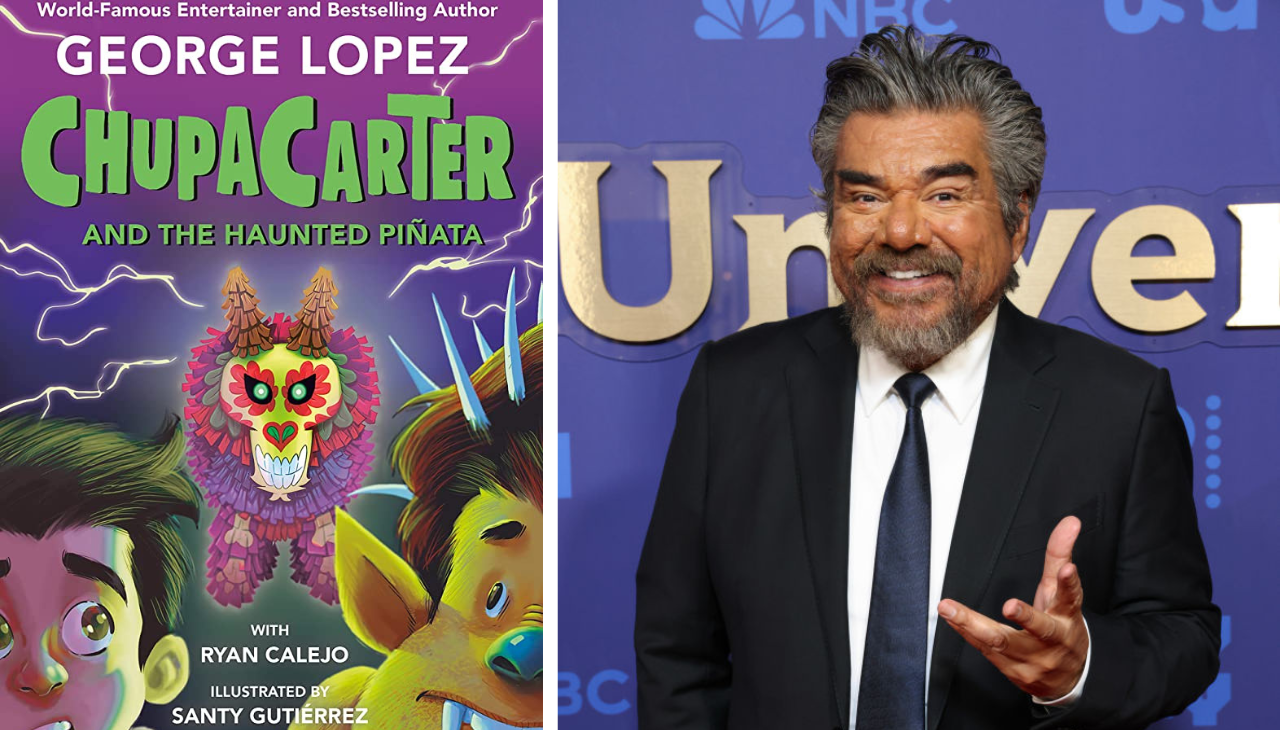
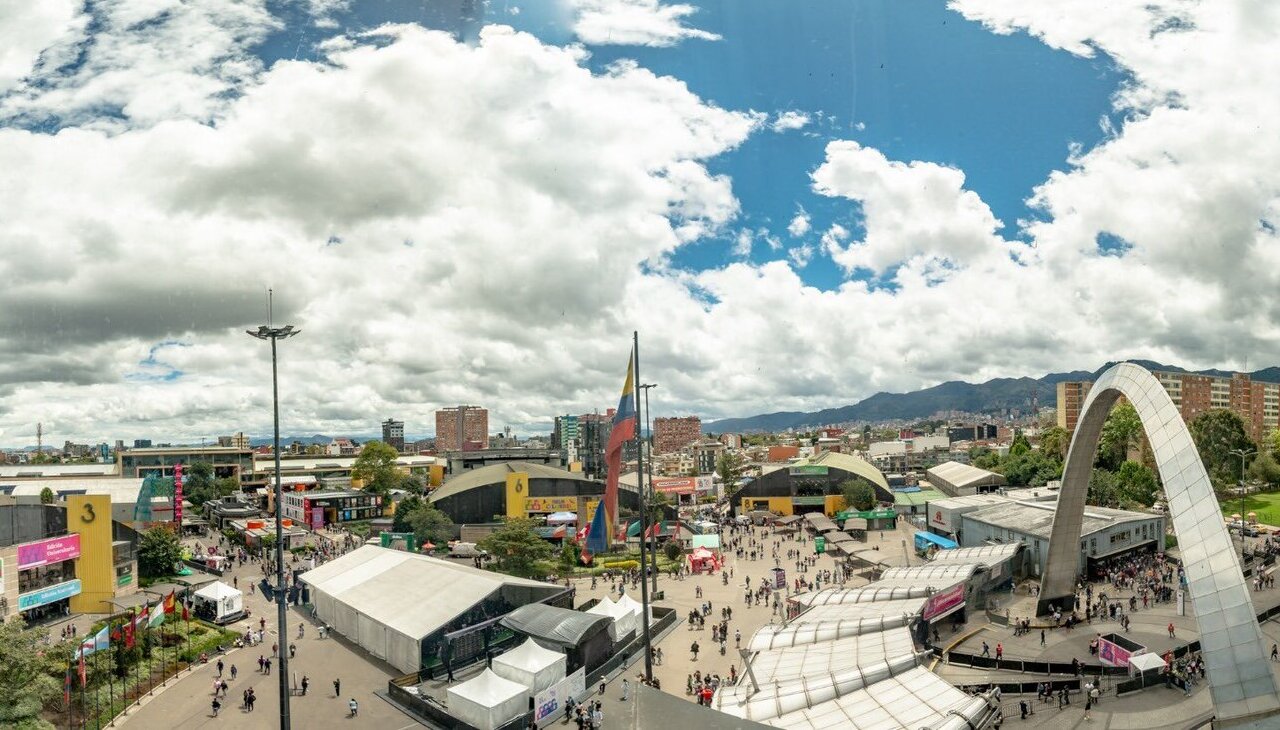
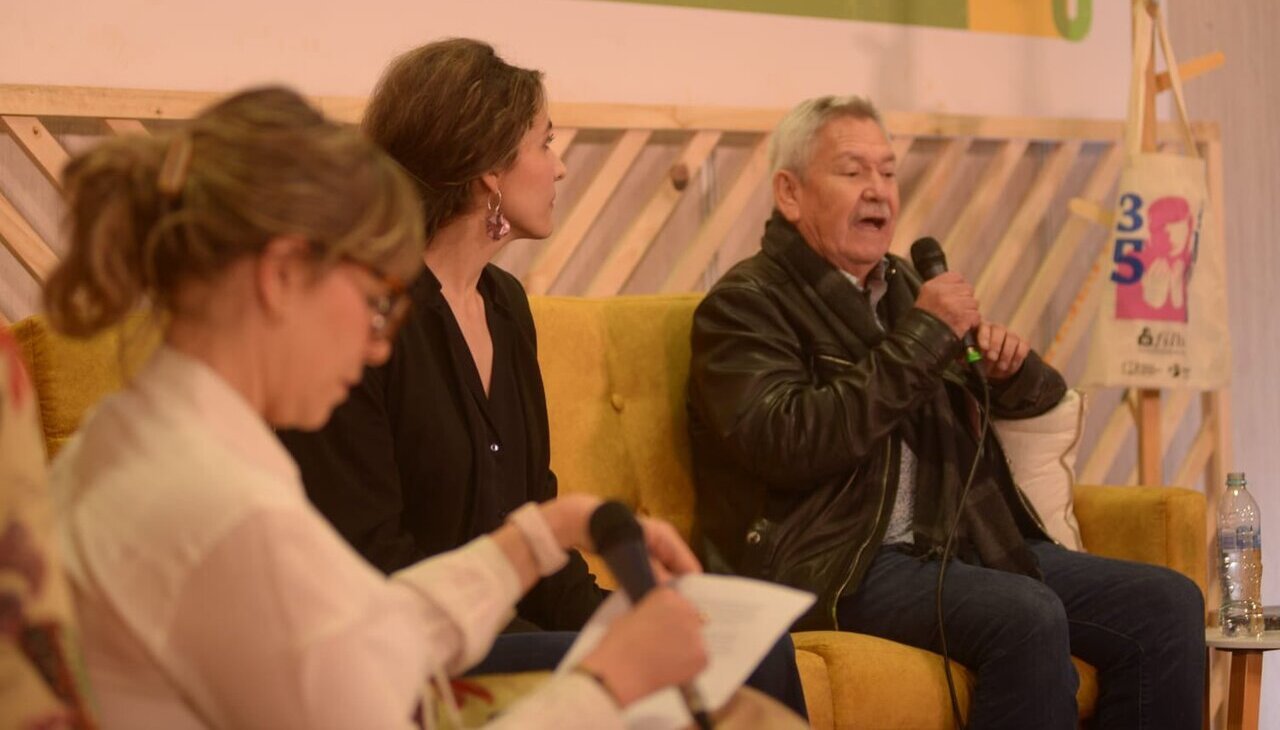

LEAVE A COMMENT:
Join the discussion! Leave a comment.